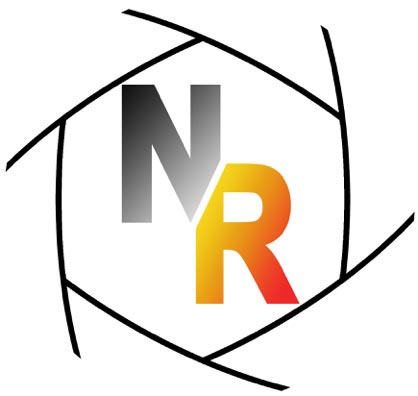Harry Callahan 2
I am struck these days, as I age, how little history people know or care about.
In my own field of photography as an art this is often born out by how important someone's work was while they were alive and how insignificant it seems now that they are gone.
Isn't history how we learn from past mistakes? Isn't history to see what precedents there have been?
A couple of years ago I posted a story about the photographer Harry Callahan who'd been a teacher of mine in graduate school.

Harry and Eleanor Callahan, Atlanta, Georgia
This is another story about Harry.
Harry was invited to Martha's Vineyard in the summer of 1995 by Carl Mastandrea of the Boston Photo Collaborative to give a presentation on his work. I was on the island for part of that summer and had a show of island landscapes at the MV Museum up at the same time. The day for his talk arrived and as the afternoon faded into evening the sky was darkening, a storm approaching. It was hot and humid, the air lifeless. As the crowd arrived at the Chilmark Community Center where Harry was to talk, the sky had turned very black and we could hear thunder in the distance.
Harry began his talk, standing up front at a lectern, speaking into a microphone.The house was packed with the overflow standing in back, kids crossed legged on the floor in front, Harry talking about his work in the darkened room, slides thrown up on a big screen. Crack! Came the thunder, the wind picking up as the storm approached. Harry continued, now his voice was competing with branches thrashing outside. The windows were open, the wind blowing things around, the audience was getting concerned and edgy while Harry continued. All of sudden lightning stuck the building, the power went out- Bam! - and Harry was standing there in the dark hall, the lightning having arced up the microphone cable and right to where Harry was standing. For an instant the crowd was in shock, immobile in surprise. Was Harry hit by lightining? Was he all right? For several minutes the power was out, the battery powered emergency lights were on and people were fussing over Harry to see if he was okay, the room bathed in a dim glow. Harry was standing there seemingly all right but very quiet, appearing to be wrestling with what just happened. A few minutes later the power went back on but, as the microphone was toast, people were asked to come forward to be able to hear Harry speak. The whole dynamic of the presentation changed then, Harry loosened up and the crowd was now experiencing something warmer and more intimate, as though in a conversation between friends rather than in a formal lecture.
Harry and Eleanor flew to New York the following day to visit with Eleanor's sister. Harry had a massive stroke a few days later in NY that knocked him back and that he never fully recovered from.
Harry was in his eighties that summer and we never did know if he'd been struck by lightning or not. I always felt there was a connection between the lightning storm that night in Martha's Vineyard and Harry's stroke, but I never knew for sure.
Harry was a very big ideal in 1995, his work shown and collected universally all over the world. He had been awarded the Presidential Medal of Freedom earlier and was the US representative to the Venice Biennali as well. He had major shows at the National Gallery in DC, MOMA in New York and on and on.
Time holds still for no one and Harry's work is now seen in the light of present times. Few seem to go back to look, to learn from him. It's a shame.
